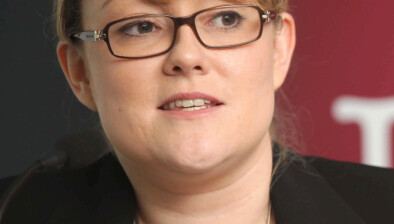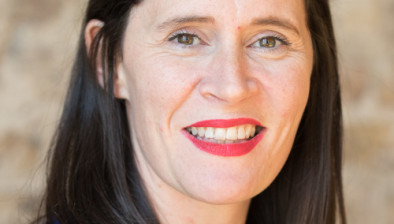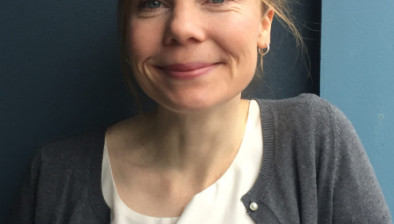IHREC: Burials law must engage with families of mother and baby homes victims

Sinéad Gibney
Women and families affected by mother and baby homes should play a key role in drafting a new law to provide dignified burials for victims left in mass graves, the Irish Human Rights and Equality Commission has said.
The rights watchdog has provided an Oireachtas committee with 25 specific recommendations on the general scheme of the Certain Institutional Burials (Authorised Interventions) Bill.
It warns that while there are significant difficulties in retrieving, identifying and returning remains to family members, this does not diminish the obligation on the State to make best efforts to do so, and to ensure meaningful engagement with affected people in developing this law.
The State is under a legal duty to investigate mass burials and to preserve and protect evidence at sites, the commission states, and any ongoing criminal investigations should not see any mass grave sites excluded from the remit of this burials law.
The commission warns that any suggestion of sites being excluded from the inclusion under this law on the basis of an “informed family consent” of a burial needs to be carefully considered, with concerns raised over the lack of a definition of informed consent in the legislation.
Other recommendations include that:
- A 70 year time limit in the legislation should be removed or reconsidered. This could exclude any sites prior to 1950 from exhumations, and is seriously out of line with the Commission of Investigation into Mother and Baby Homes period starting from 1922.
- The views of survivors and family members must play a central role in any decision to memorialise a manifestly inappropriate burial.
- The Coroner needs to have a recognised jurisdiction over burial sites. It is unclear in an absence of a Coroner’s inquest on a cause of death how the State can ensure family members know the truth about the cause and circumstances of the death and the manner of the burial of their relative.
- Any independent agency proposed to oversee must report to the Oireachtas to ensure transparency and accountability in its work.
- Remains and any personal artefacts should be returned to families as soon as possible after identification.
- Unclaimed or unidentified remains should also be traceable for possible future identification, and the cremation of these remains should be expressly prohibited.
- Safeguards around the taking, retention, storage, sharing and destruction of DNA are vitally important.
- A proposed “pilot programme” for identifying victims must not in any way interfere with the State’s obligation to make best efforts to identify and return those found in mass graves to families.
Chief commissioner Sinéad Gibney stated: “Transitional justice is based on five pillars - the right to truth, justice, reparation, non-recurrence and memory processes. Those buried in these mass graves, and those families who mourn them must be treated with dignity, with respect for their human rights, and agency for survivors in shaping how this law is made, and how it operates.
“This burials law must be a part of delivering transitional justice to victims and survivors, for the systemic human rights abuses dealt out to them in these institutions.
“We need to see a systemic change in the State’s attitude and responsibility towards anyone who is a victim or survivor of State wrongdoing from one of suspicion and opposition to one of trust and care.”









